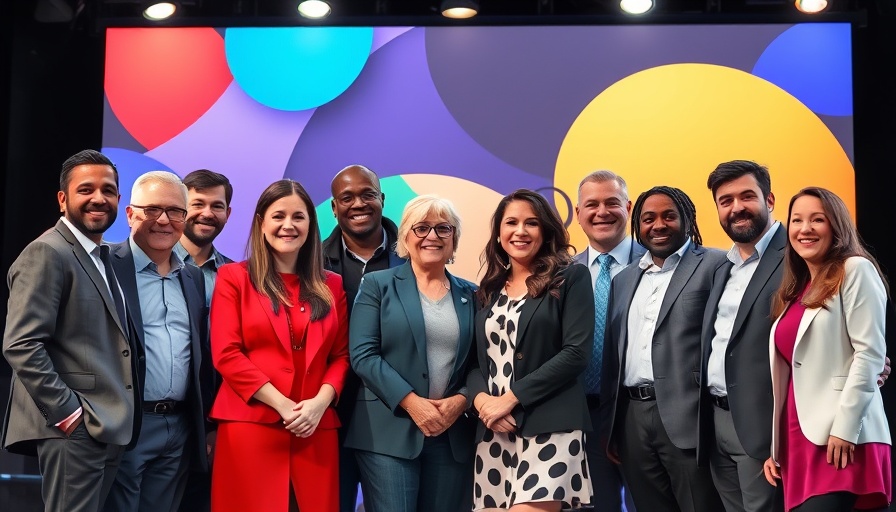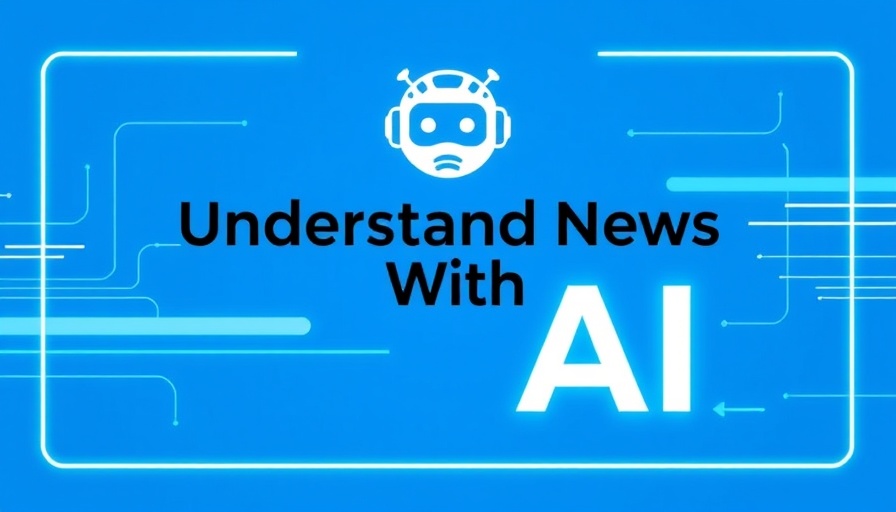
Canva's AI-Driven Changes Leave Employees in Shock
In a surprising turn of events, Canva, the beloved design software company, has shocked its employees by implementing AI-related job cuts. Just nine months after encouraging its technical writing team to embrace generative artificial intelligence tools, Canva has laid off 10 members from this team. This marks the first redundancy round in the company's history, a move that many insiders found unexpected, given the company's previous emphasis on AI integration.
The Irony of Embracing AI
During an all-hands meeting held earlier this year, Canva co-founders encouraged staff to leverage AI tools to enhance productivity and streamline operations. The anticipation was that these innovations would lead to job enrichment, not elimination. Unfortunately, the flip side of this technology boom revealed itself when those trained to utilize AI found that their positions were at risk.
Understanding AI Job Losses in the Modern Workplace
The job cuts at Canva are not isolated incidents but rather a sign of a broader trend impacting various industries. As companies increasingly turn to AI solutions to amplify productivity, many roles traditionally filled by humans face the threat of redundancy. According to recent studies, workers across tech industries are grappling with the dual-edged sword of AI: the tools designed to make work easier are also rendering some roles obsolete.
A Community Impact: What This Means for Employees
For those affected by the layoffs at Canva, the impact goes beyond just losing a job. Layoffs can lead to feelings of uncertainty and anxiety, affecting employees' connections to their community and livelihoods. This ripple effect can impact local economies, with fewer jobs potentially leading to decreased consumer confidence. Employees often form bonds with colleagues, and when job losses happen, it can shake the very fabric of workplace relationships, creating a tense atmosphere filled with concern about potential future cuts.
Future Predictions: The Evolving Role of AI in Employment
The future landscape of work will likely continue to evolve alongside advances in AI technology. Experts warn that this trend will persist, and the importance of re-skilling becomes more crucial than ever. Industries need to adapt educational programs to equip current and future employees with skills better suited for a tech-centric workplace. Let's consider what paths could be opened for those impacted by layoffs. For instance, reskilling initiatives can help workers transition into roles that AI has yet to touch, such as jobs focusing on emotional intelligence or creative thinking.
Taking Action in the Face of Change
For those retailers in the Great Lakes and beyond, understanding the landscape of employment change is vital, particularly as communities lean on local innovators to drive growth. Preparing for the future means not only individual career planning but also community collaboration. By pooling resources, local educators and businesses can foster new initiatives to support all workers, whether they’re faced with lay-offs or looking to strengthen their job prospects.
Community support networks—like local career fairs, workshops, and mentorship programs—can help provide guidance for those navigating job transitions in a world increasingly driven by AI. By fostering an environment of collaboration and continued education, communities can emerge stronger, ensuring that their residents are not only prepared for the future but can thrive in it.
This Isn't Just Canvas: The Global Perspective
While Canva's layoffs are startling, they are part of a larger trend that has begun to reshape the workplace globally. Such AI-caused disruptions are prompting companies to rethink their strategies to combine human intelligence with machine capabilities. As innovations accelerate, businesses worldwide are navigating old paradigms and rebuilding them with an eye toward sustainability and adaptability.
In light of the complexities introduced by AI and automation, it's imperative for employees to remain proactive. Enlightening oneself on internet learning platforms and exploring new career paths in collaboration with community organizations can be beneficial steps worth considering.
In conclusion, while the news of AI job cuts can be daunting for many, it also opens up a dialogue on the importance of community resilience and adaptability in an ever-changing job market. Remember, while some doors may close, others often open—if we take the initiative to unlock them.
 Add Row
Add Row  Add
Add 




Write A Comment